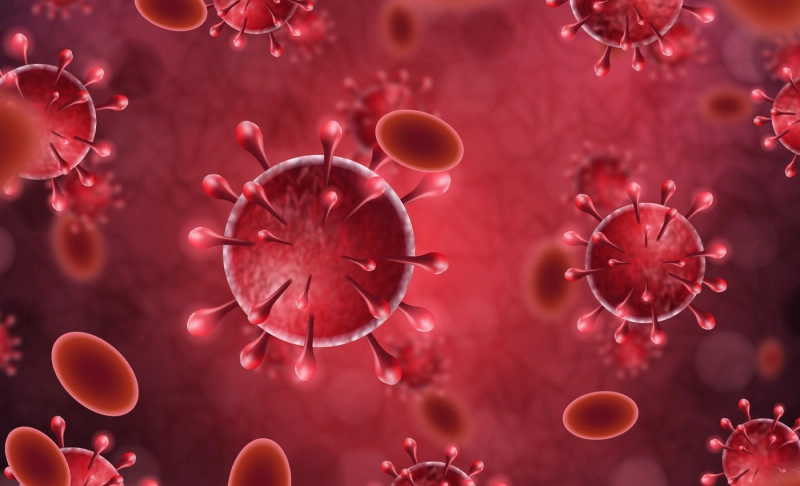January 31 2022
False: Monoclonal antibody treatments work against all variants of COVID-19.

The Verdict False
Certain monoclonal antibodies are not effective against the Omicron variant.
Certain monoclonal antibodies are not effective against the Omicron variant.On January 24, 2022, the Food and Drug Administration (FDA) announced that it was limiting the use of two monoclonal antibody COVID-19 treatments – bamlanivimab and etesevimab (one treatment, administered together) – and REGEN-COV (casirivimab and imdevimab). The FDA explained that recent data found the treatments were "highly unlikely" to work against the Omicron variant. It encouraged using monoclonals on patients infected with a variant susceptible to these treatments. The body's immune system naturally generates antibodies against harmful pathogens like SARS-CoV-2. A monoclonal antibody is a laboratory-produced molecule that mimics the immune system to fight certain cancers or viruses, as explained by the Journal of the American Medical Association (JAMA). The antibody attaches to SARS-CoV-2's spike proteins and blocks the virus from invading the human cell. Before December 2021, an independent expert panel at the National Institutes of Health, the U.S.'s primary national research agency, recommended using "bamlanivimab plus etesevimab, casirivimab plus imdevimab" for non-hospitalized patients suffering from mild to moderate COVID-19. However, due to "markedly reduced activity" against the Omicron variant, the FDA advised against using the two monoclonal antibody treatments. It explained that the many mutations in Omicron's spike proteins made the treatments ineffective. Omicron is now the dominant variant making up more than 99 percent of cases in the U.S. According to the FDA, other therapies, including Paxlovid (nirmatrelvir/ritonavir), Xevudy (sotrovimab), Veklury (remdesivir), and Lagevrio (molnupiravir), work well against the Omicron variant. The COVID-19 pandemic has given rise to a lot of potentially dangerous misinformation. For reliable advice on COVID-19, including symptoms, prevention, and available treatment, please refer to the World Health Organization or your national healthcare authority.


